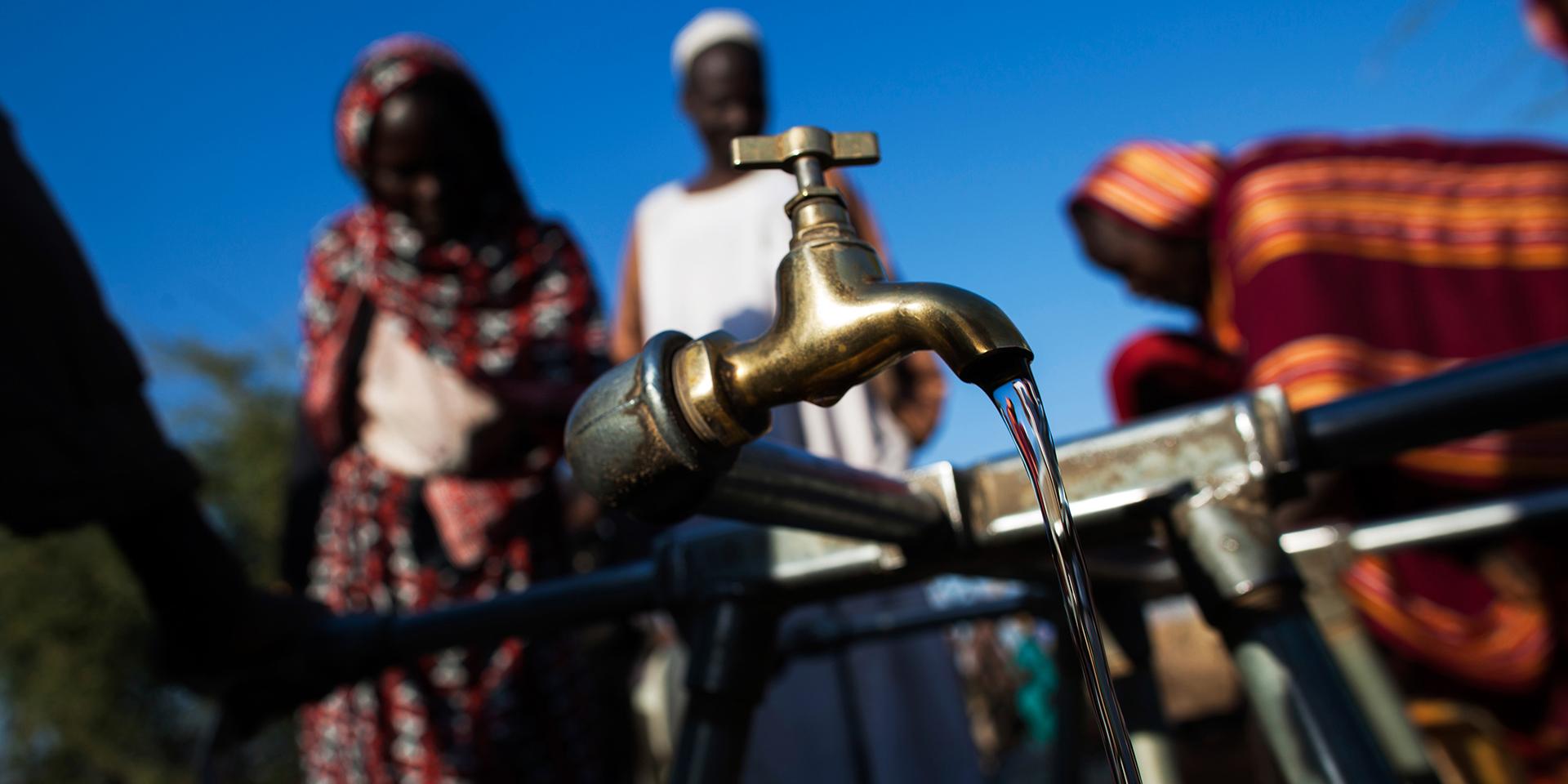Trials and troubles of life in Adamawa State, Nigeria – Part Two
 Photo: UN Photo/Albert González Farran
Photo: UN Photo/Albert González Farran
Research shows evidence of the life-threatening impact of water scarcity on Internally Displaced Persons and host communities.
A complex situation of extreme water scarcity is affecting internally displaced persons (IDPs) and endangering lives in Adamawa State. Inadequate access to clean water is worsened by the activities of non-state armed groups, which result in displacement, environmental degradation, and poor investment in infrastructure. Simultaneously, the increasing population and climate change impacts make marginalized groups more vulnerable, weakening their ability to withstand challenges like waterborne illnesses and malnutrition. One result of this fragility is a distressing increase in child mortality. As documented in part one, female residents and IDPs in the region are particularly, and dangerously, exposed to the impacts of water scarcity.
A recent gender study by the International Water Management Institute in conflict-affected areas of Adamawa state provides in-depth insights into the vulnerability of water systems where every drop of water counts. The study fills critical knowledge gaps on water-related issues in conflict-affected communities with a particular focus on the gender implications in communities affected by persistent water stress, conflict and displacement.